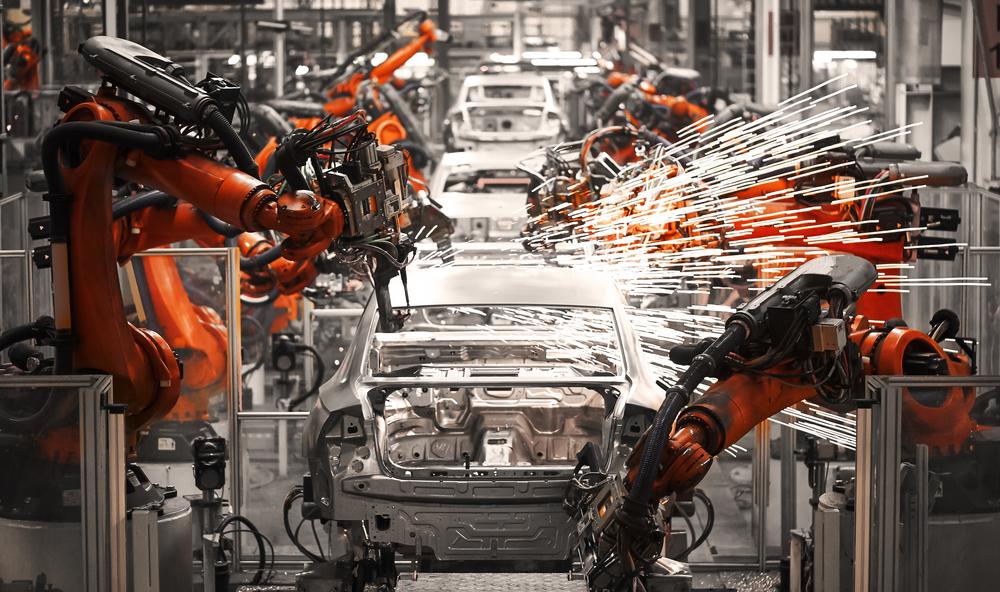British car manufacturing output fell by over a fifth in the first half of 2019, according to new data revealed on Wednesday by the Society of Motor Manufacturers and Traders (SMMT).
Car manufacturing output declined by 15.2% in June, making it the 13th consecutive month of negative growth.
Additionally, the industry body said that at least £330 million has already been spent by the sector on Brexit contingency plans.
The money has been spent on stockpiling materials and components, securing warehousing capacity and investing in new logistics solutions, additional insurance and training in new customs procedures, said the SMMT.
Equally, inward investment into the sector practically stopped in the first half of the year, as newly pledged investment was down over 70% to £90 million.
“Today’s figures are the result of global instability compounded by ongoing fear of ‘no deal’. This fear is causing investment to stall, as hundreds of millions of pounds are diverted to Brexit cliff-edge mitigation – money that would be better spent tackling technological and environmental challenges,” Mike Hawes, SMMT Chief Executive, commented on the data.
“The industry’s foundations are fundamentally strong, however, and we’re ready to work with the new government to build on these through the industrial strategy. We need an internationally competitive business environment to encourage more investment, more innovation and more growth,” Mike Hawes continued.
“That starts with an ambitious Brexit deal that maintains frictionless trade and we look to the new administration to get a deal done quickly so manufacturers can get back to the business of building cars and helping deliver a brighter future for Britain.”
In June, the Chief Executive of SMMT said that a no-deal Brexit is “not an option” now for the automobile sector.
Automotive manufacturing delivers £18.6 billion to the UK economy each year, making it one of the nation’s most important economic assets.
The success of the sector, however, is dependant on a free and frictionless trade with the European Union. Leaving the union without a deal will lead to the imposition of tariffs, the SMMT added, costing roughly £4.5 billion a year.
Just last week Boris Johnson won the Conservative leadership race, becoming the new Prime Minister. But will he be able to agree on a deal before the nation’s Halloween departure date?




